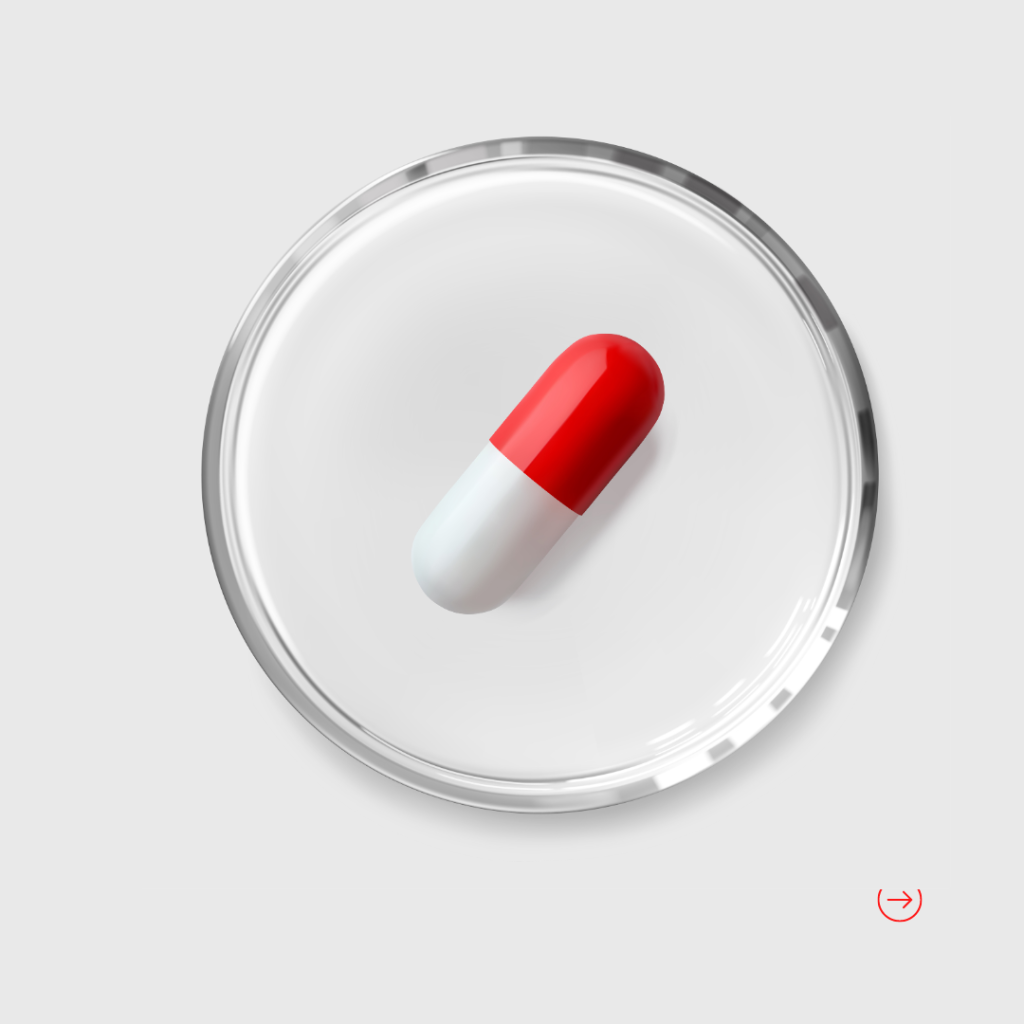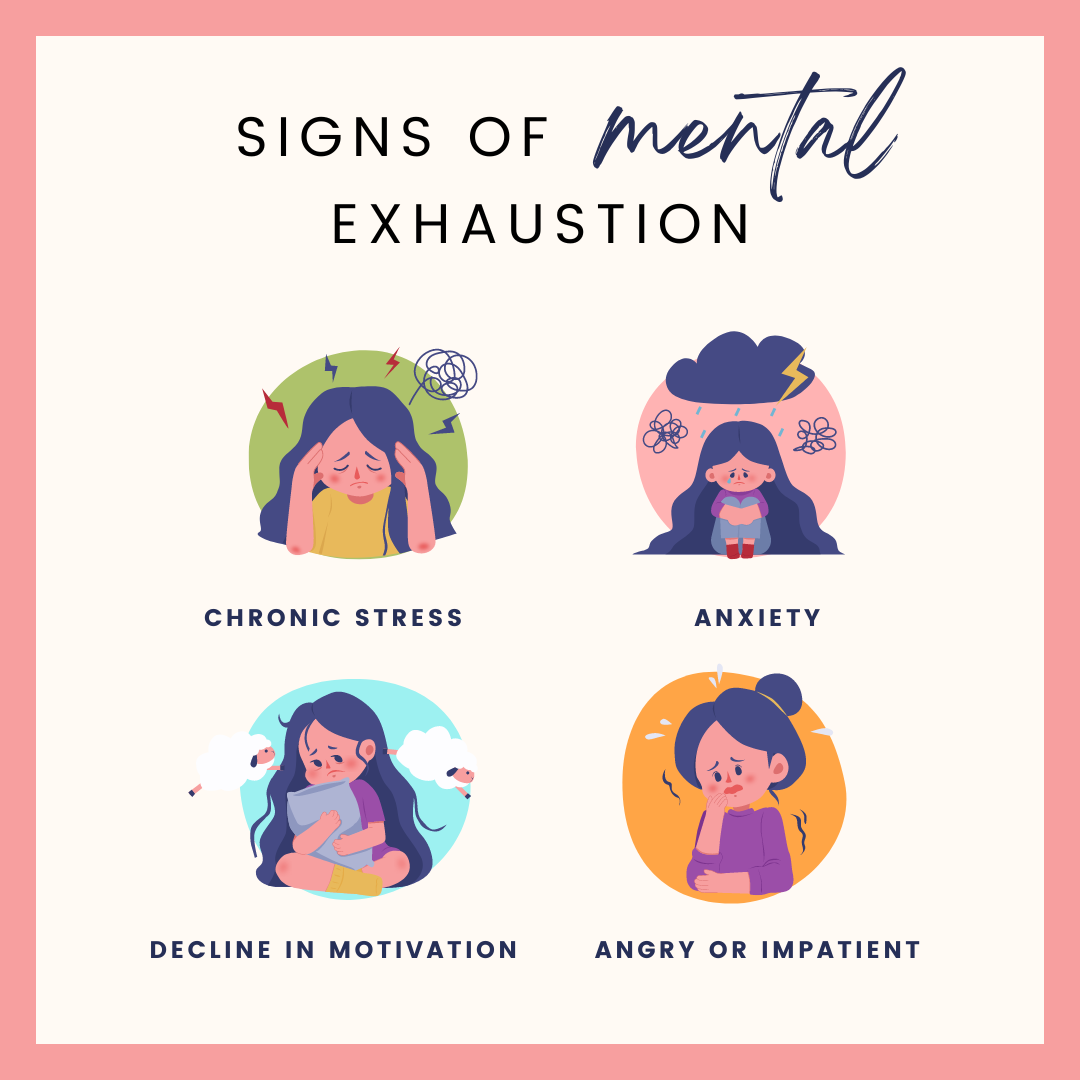In modern healthcare, medications serve as indispensable tools for treating various ailments and managing chronic conditions. However, the widespread availability and reliance on prescription pills have led to a nuanced challenge: navigating the fine line between appropriate medication use and overuse. This “pill predicament” requires careful consideration to ensure patient safety and optimal health outcomes.
Appropriate medication use involves prescribing and administering drugs judiciously, based on evidence-based guidelines and individual patient needs. Medications can provide significant benefits, alleviating symptoms, controlling disease progression, and improving quality of life. However, overuse or unnecessary use of medications can lead to adverse effects, drug interactions, and other complications, undermining patient health and well-being.
One of the key factors contributing to medication overuse is the phenomenon of polypharmacy, where patients are prescribed multiple medications concurrently. While polypharmacy may be necessary for managing complex medical conditions, it also increases the risk of adverse drug reactions, medication errors, and decreased medication adherence. Healthcare providers must carefully assess the potential risks and benefits of each medication and consider alternative treatment options to minimize polypharmacy-related complications.
Moreover, patient education and empowerment play a crucial role in preventing medication overuse. Healthcare providers should engage patients in shared decision-making, discussing the risks and benefits of prescribed medications and encouraging open communication about treatment goals and concerns. Patients should be informed about proper medication use, potential side effects, and the importance of medication adherence to optimize therapeutic outcomes.
Furthermore, healthcare systems and providers must implement strategies to promote rational medication use and reduce the risk of overuse. This includes implementing electronic prescribing systems, conducting medication reviews, and fostering interdisciplinary collaboration among healthcare professionals to optimize medication management practices.
In conclusion, navigating the fine line between medication use and overuse is a complex challenge in healthcare. By promoting appropriate medication use, minimizing polypharmacy, empowering patients, and implementing effective medication management strategies, healthcare providers can mitigate the risks associated with medication overuse and ensure that patients receive safe, effective, and high-quality care.



